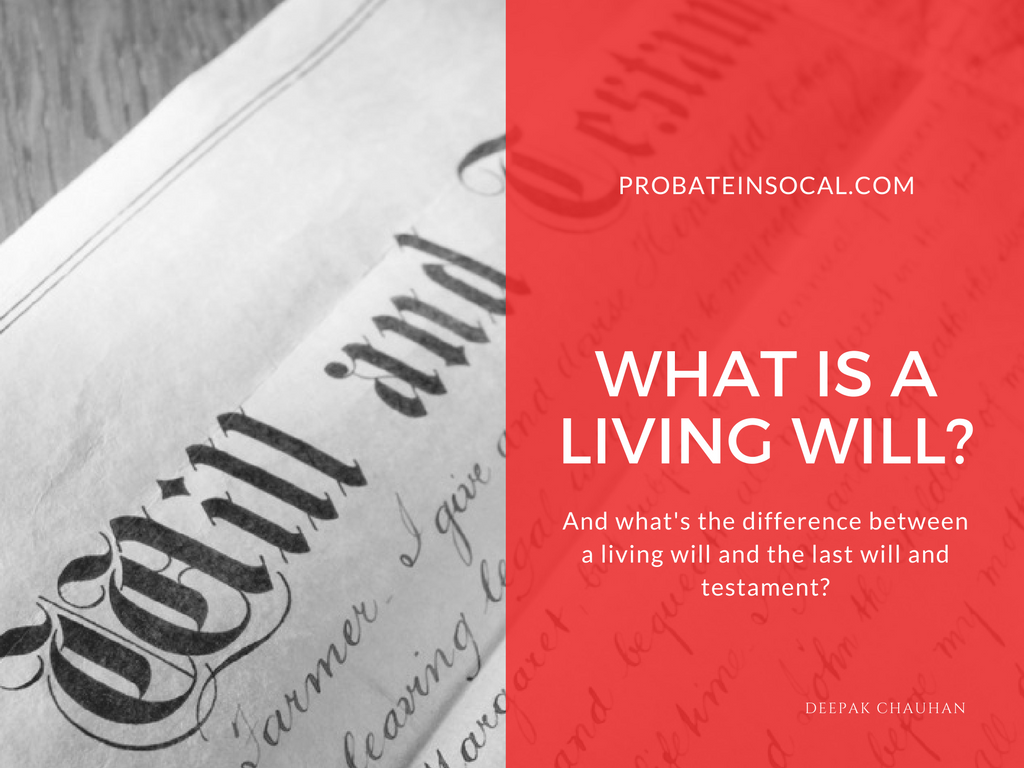What is the difference between a living will and the last will and testament?
A living will also be called an advance directive, provides instructions regarding the medical care a person wants to receive if they are incapacitated and cannot communicate their wishes themselves. A person may want to write up this type of will before undergoing medical treatment or if there is a suspicion of this type of concern in the near future.

An attorney, in fact, is named to represent the interests of the will’s owner. If necessary, a power of attorney communicates with doctors or medical personnel the person’s wishes or desires in the living will.
A power of attorney is an individual’s authority to act for another person in specified or all legal or financial matters.
The Last Will and Testament are different from a living will in that it will provide instructions after a person has passed away. If someone dies without a will, that is called “intestate,” and the state in which they resided will govern the distribution of property… this is where a probate lawyer or agent may come into play.
If the person dies without a Will stating what to do with property or assets, intestate succession laws will vary based on the familial status of the person who died. If the person owned property in another state, that state will be in control of the property instead of the state in which the person resided. Closest relatives, children, or spouses will usually get the property first. If the property needs to be sold, this is where a probate real estate agent comes into play.
Not all real estate agents are proficient in handling property through probate. Only qualified probate specialists can manage the transaction and work closely with probate attornies to sell the property and divide the profits if necessary. A Probate Realtor® is certified and understands the timelines, laws, and the process for the state you’re in. As a qualified probate agent, I can help you sell the probate or trust property properly.

